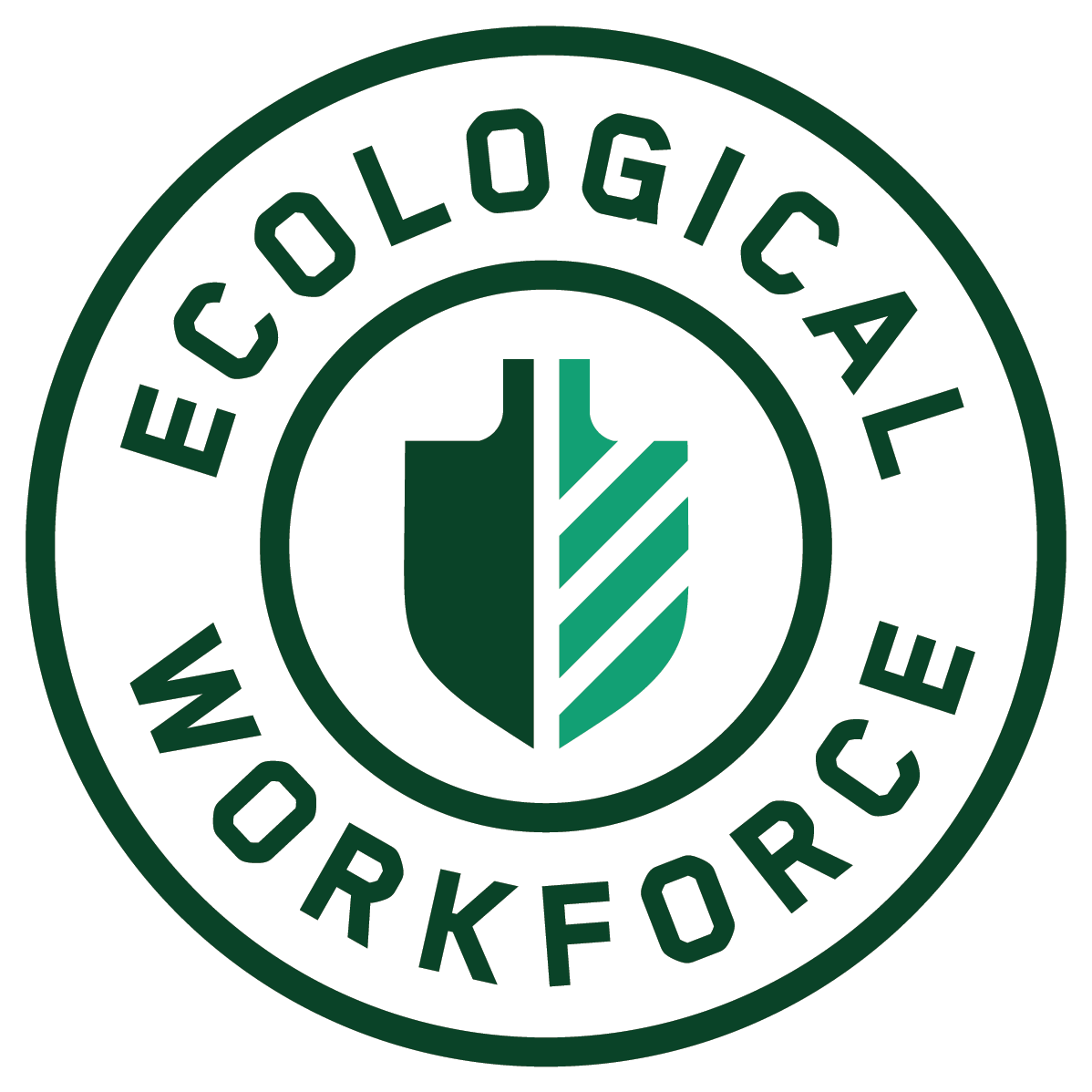
Developing a highly trained ecological restoration workforce

THE TIME IS NOW
IN THIS MOMENT OF ECOLOGICAL UNCERTAINTY, WE MUST RESTORE THE ENVIRONMENT AT THE SPEED OF OUR CHANGING CLIMATE.
WE NEED A WORKFORCE TO ACCOMPLISH IT.
THE
CHALLENGE
Right now, public agencies and private funders are providing historic levels of funding for environmental protection. The restoration sector is growing exponentially, yet it is unable to meet its labor demand.
Meanwhile, there are no set standards across the restoration sector to equip workers with the specialized skills and knowledge needed to work effectively in sensitive habitats. This hampers the quality and efficiency of restoration work and results in more regulatory oversight, which slows the sector’s ability to increase the pace and scale of these projects.
THE
INITIATIVE
Our goal is to support both the economic vitality of our communities and the health of our environment by creating a pipeline for new workers to enter the restoration sector, upleveling the skills of current restoration laborers and equipment operators, improving restoration project outcomes through a trained workforce, and fostering greater awareness and recognition of these workers and the value that they bring to the environmental field.
It is only through collaboration that we can craft and implement the broad, effective action necessary to meet this moment of ecological decline and climate change. The Initiative is bringing together all members of the restoration sector - public and private partners, education professionals, training and workforce development experts, regulatory agencies, and policymakers – to recognize and advocate for our shared goals, aligned values, and economic impact.
THE
PROGRAM
The Ecological Worker and Awareness Compliance (EWAC) training provides new and current laborers, equipment operators and other restoration trade workers with the skills they need to work appropriately in sensitive habitats like wetlands, rivers, lagoons, grasslands, forests, and meadows. Our training and jobsite mentoring makes graduates highly desirable candidates for prevailing wage jobs that have low barriers to entry, and do not require post-high school education or high-level English language proficiency.
We offer both classroom and field-based instruction and mentoring, ensuring workers are equipped to restore sensitive habitats effectively.
the workforce is at the center of ecological uplift and community VITALITY
Over 40% of ecological restoration project costs go directly to worker wages. Increased restoration funding can uplift the environment and surrounding communities while providing living wages to an entire sector of workers.





